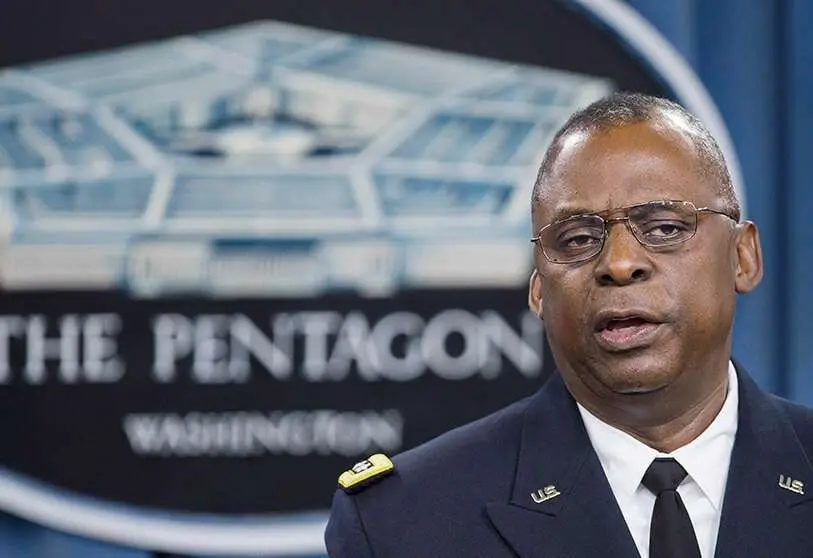NATO updates its Alliance with "Russia and China as aggressor states"

NATO allies support the proposal to update the 2010 Strategic Concept. Since its adoption, the Alliance has been confronted with a new security environment and Russia has evolved from a potential strategic partner to an aggressor state.
As part of the U.S. return to NATO, U.S. Defense Secretary Lloyd J. Austin, in a video conference with NATO member defence ministers on Wednesday (17 February), said the Alliance needs to maintain a defence budget to overcome challenges from Russia.
"Secretary Austin cited several threats and challenges facing NATO, including Russia's destabilising behaviour, the rise of China, terrorism and global challenges such as Covid-19 and climate change," the Pentagon said in a statement quoted by the Russian news agency (TASS).

"Secretary Austin noted that defence spending is essential to ensure that we have the troops and capabilities ready to meet Russia and other challenges to NATO," the Pentagon said.
The US defence secretary also emphasised President Joe Biden's message that the United States intends to revitalise relations with NATO.
Defence ministers from NATO member countries held meetings behind closed doors on Wednesday and Thursday. The three items on the agenda discussed were: first, the US agreement with the Taliban movement on the withdrawal of foreign troops from Afghanistan by 1 May.
Secondly, discussions on the NATO 2030 initiative and the development of a new strategic alliance concept in which Russia and China will be declared NATO's main enemies.
And the third topic discussed was further increases in military spending by NATO member states and the expansion of new arms purchases that the United States has requested from its allies, despite the economic shocks caused by the coronavirus pandemic.

NATO Secretary General Jens Stoltenberg noted that "the NATO Strategic Concept was agreed in 2010 and it has really served us well. But, since then, the security environment we face has fundamentally changed."
He added that "in 2010, we were working and establishing what we then called a strategic partnership with Russia. Since then, we have seen Russia being responsible for aggressive actions against neighbours, the illegal annexation of Crimea and things have fundamentally changed."
Stoltenberg noted that in the current Strategic Concept "we are not addressing the changing balance of power and the security consequences of China's rise".
He also mentioned that climate change is a serious crisis multiplier and really affects NATO's security and needs to be addressed in a new Strategic Concept.

"Therefore, we need to update our strategic concept," he said. "We need to recommit to our core values. And we need to use the Strategic Concept to further strengthen the link between North America and Europe."
So "this is an idea that has the broad support of NATO allies. And I hope that NATO's leaders, the heads of state and government, when they meet later this year, will agree to begin the process, to task me ... to work on a revised and updated Strategic Concept for the Alliance".
Foreign Ministry spokeswoman Hua Chunying said in response to Stoltenberg's proposals that she sees "these statements as vestiges of Cold War thinking."

Chunying emphasised that China will continue to pursue peaceful development, adding that "our military strategy is defensive. China is a builder of the international world and a protector of the international order. We have made contributions to world peace efforts and will continue to do so. China's development gave opportunities to the whole world".
Finally, he commented that they were hopeful that NATO would take a positive, objective and open stance towards China's development, as well as contribute more to world peace and stability.








